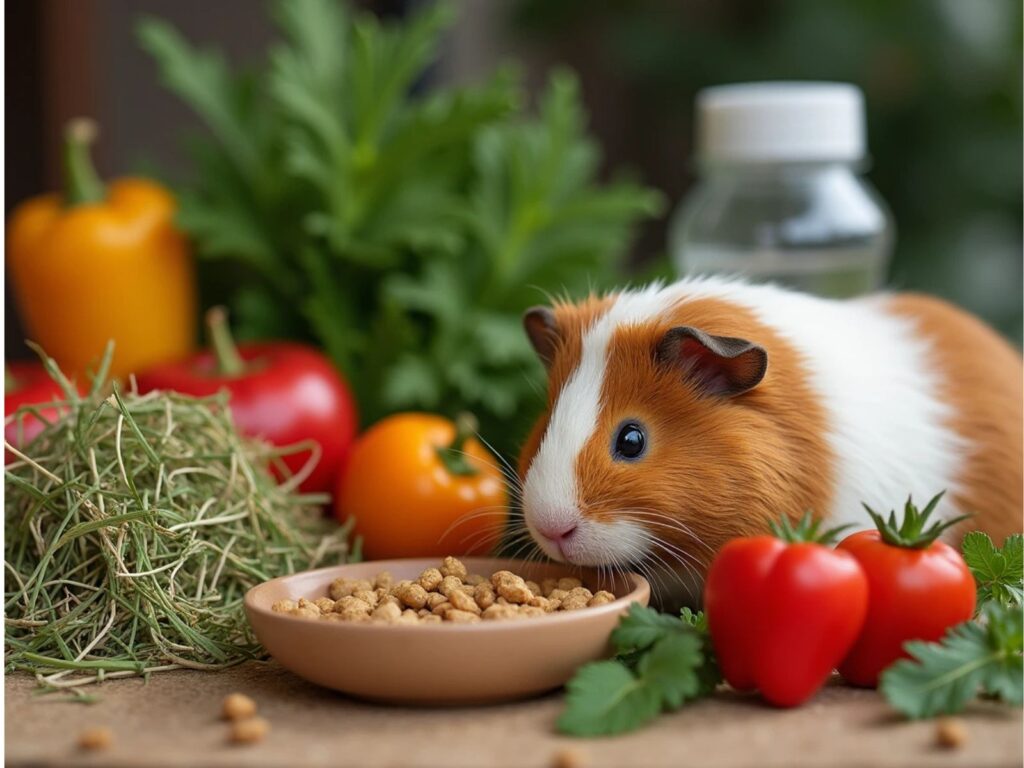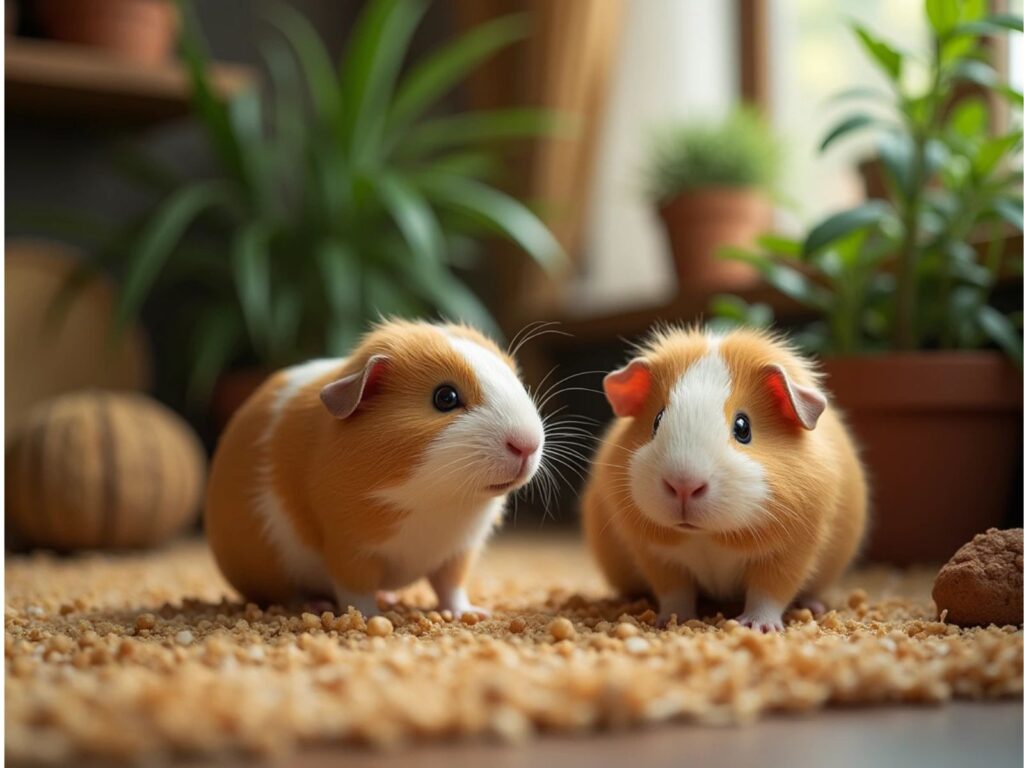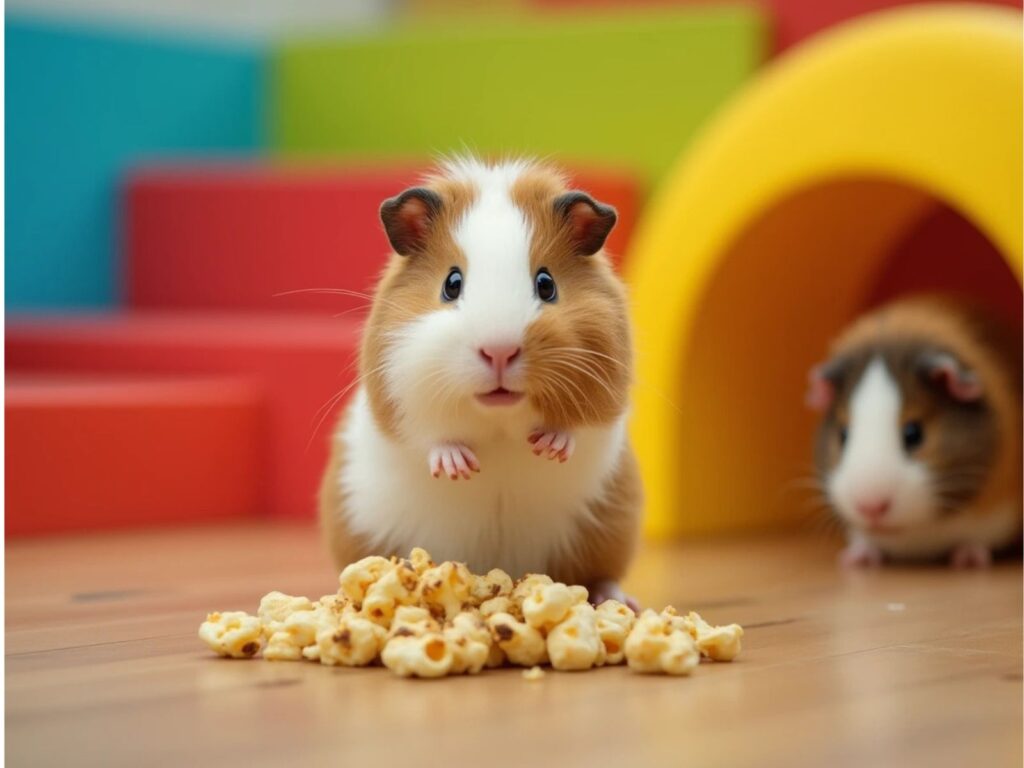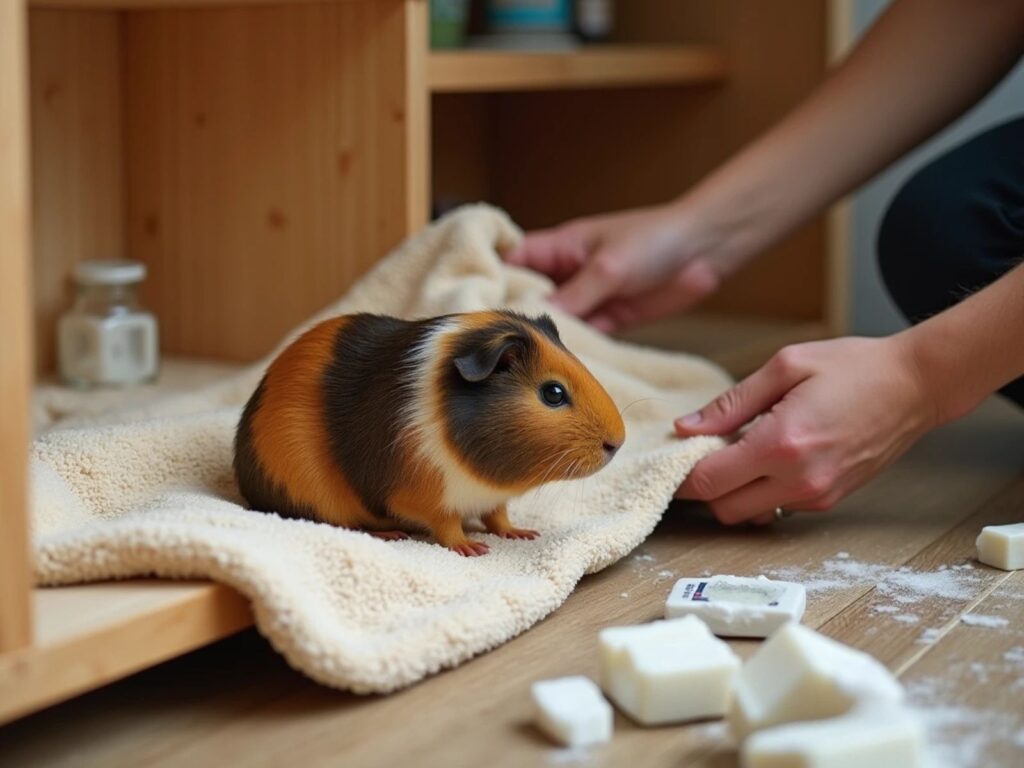Home » Small mammals » Guinea Pigs: The Small Pets with Big Personalities

A recent study by the American Pet Products Association reveals that guinea pig adoption rates have surged by 35% in the last two years, making them the fastest-growing small pet choice in American households.

The path to guinea pig parenthood begins with proper preparation. Having shared my home with these delightful pets for over five years, I can confirm that their reputation for being low-maintenance yet highly rewarding companions is well-deserved.
Basic housing requirements include:
Initial investment typically ranges from $200-300:

A healthy diet consists of:
Key health indicators include:
Active life requirements:

Guinea pigs thrive with:
Understanding their language:
Create a perfect home with:

Regular care includes:
Important regular checks:
Most guinea pigs only need occasional spot cleaning. Full baths are rarely necessary unless prescribed by a vet.
No, they are social animals and need at least one same-sex companion to thrive.
Annual wellness exams are recommended, with additional visits if health concerns arise.
Rarely. They’re generally gentle and may only nip if frightened or handled roughly.
Plan for at least 2-3 hours of interaction time daily, including feeding, cleaning, and playtime.
Partially. Many guinea pigs can learn to use a designated bathroom area in their cage, though not with 100% reliability.
Guinea pigs offer a perfect blend of interactive companionship and manageable care requirements. Their gentle nature makes them ideal for families with children, while their social personalities provide endless entertainment and affection. When properly cared for, these charming pets create lasting bonds and bring joy to their human families for many years.
Sign up for our newsletter and receive the next story before it is lunched
Our blog is made with love to give you advice on how to take care of your beloved pets and to help you learn everything about their stories